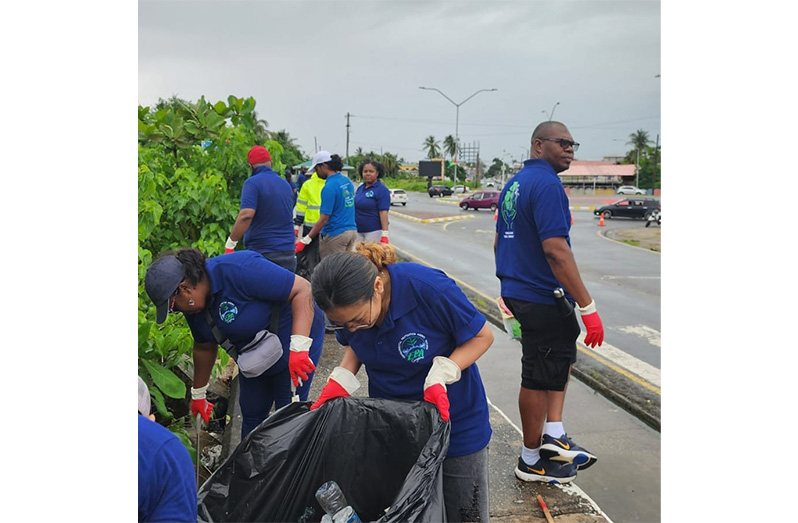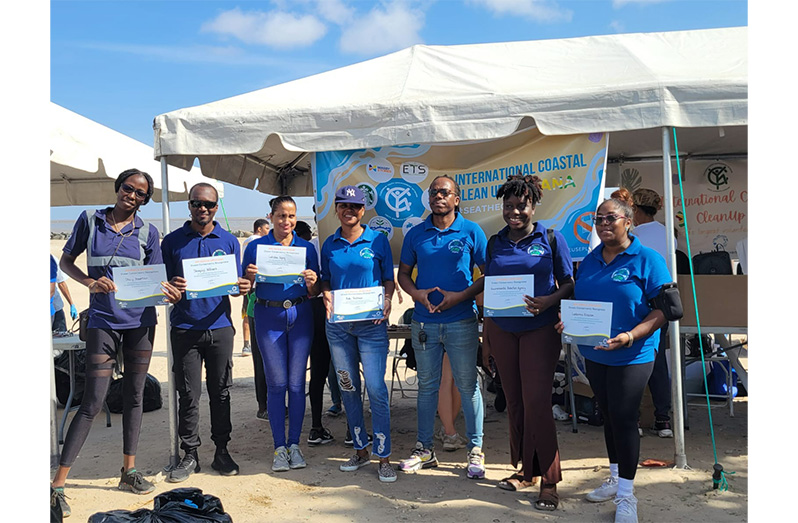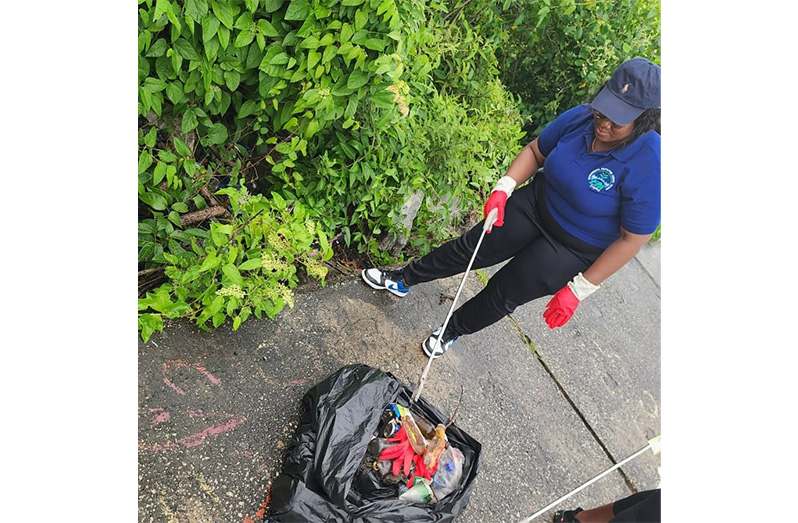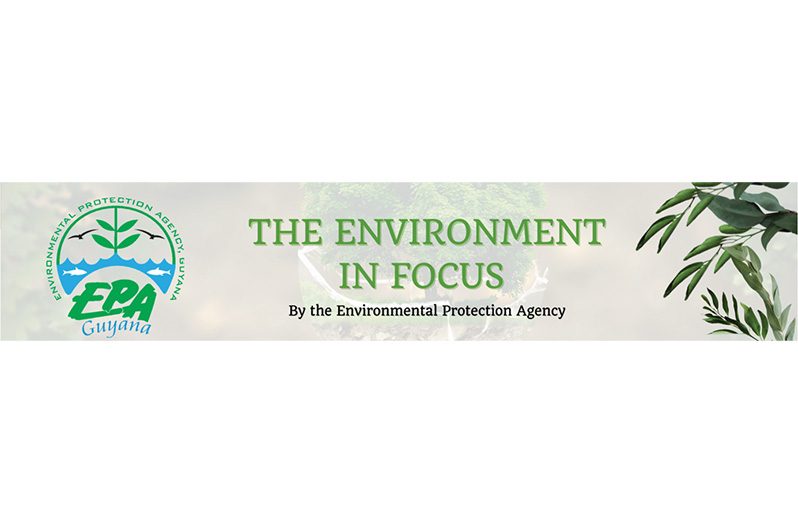FROM rivers to shorelines, every cleanup counts. Guyana comes together with communities around the world to celebrate International Coastal Cleanup (ICC) Day on September 20th. A global initiative dedicated to removing trash from coastlines and waterways, ICC Day is more than just cleaning beaches; it is a national call to action to raise awareness about how human activity affects rivers, coasts, and marine ecosystems.
In Guyana, where the majority of the population lives along the coast and rivers are central to daily life, this day emphasises the importance of protecting these resources for present and future generations.
The Significance of ICC for Guyana

The ICC is a vital platform for addressing marine pollution and promoting environmental stewardship. Each year, volunteers globally collect and record debris, providing data that guides policy and waste management strategies.
For Guyana, ICC Day highlights the sources of coastal pollution, such as plastic bottles and containers, discarded fishing gear, and improperly disposed household waste, which frequently enter rivers and end up on beaches. The initiative also underscores the broader benefits of clean coasts for fisheries, tourism, and biodiversity, emphasising that healthy waterways support both the environment and the economy.
Challenges Facing Guyana’s Coastlines
Despite significant efforts, Guyana faces ongoing environmental challenges. Plastic pollution remains the most visible threat, with bottles, food packaging, and other plastics accumulating along shores and in waterways.
Inadequate waste management systems, limited recycling infrastructure, and irregular collection services contribute to this problem. Illegal dumping, urban runoff, and poorly managed landfills further exacerbate pollution.
Climate change also intensifies coastal risks, as rising sea levels and stronger storms accelerate erosion and threaten critical habitats such as mangroves, which provide natural protection against storm surges.
Addressing these challenges requires both cleanup activities and long-term systemic improvements in waste management, policy enforcement, and sustainable urban planning.

Progress Made: Guyana and the EPA in Action
Over the years, Guyana has made significant progress in coastal cleanup and conservation, much of it driven by the EPA’s coordinated efforts and in partnership with organisations like CYEN (Caribbean Youth Environment Network).
ICC events in areas such as Kingston, Bartica, the Essequibo Coast, Berbice, and Georgetown’s riversides have removed tonnes of marine debris, dramatically improving water quality and habitats.
CYEN has played a key role by mobilising youth volunteers, conducting environmental education workshops, and assisting with the organisation of community cleanups, increasing local participation and awareness.
These successes are closely tied to the EPA’s initiatives, including the installation of strategic waste collection points, support for local recycling projects, and monitoring programmes that track trends in marine litter.
By combining hands-on cleanup efforts with education campaigns and policy support, the EPA and CYEN have amplified Guyana’s progress, transforming ICC participation into a sustainable, long-term impact on the country’s coastal environment.
Everyone’s Role in Coastal Protection
From families and educational institutions to local businesses and community members, all can contribute—whether by reducing use of plastics, participating in cleanup initiatives, or supporting local environmental policies.
ICC Day demonstrates the power of collective action: when communities work together, tangible improvements are achieved in shorelines and waterways.
Youth involvement is particularly critical, fostering long-term environmental stewardship and ensuring future generations continue to care for Guyana’s natural resources.

Steps Toward Cleaner and Healthier Coasts
Looking ahead, Guyana can use International Coastal Cleanup Day as a springboard to implement long-term strategies that extend beyond annual cleanups.
Expanding recycling infrastructure, enforcing waste management policies, and promoting biodegradable alternatives are key steps.
Continuous education campaigns and community engagement programmes will help sustain public awareness and encourage behavioural change.
Regional collaboration with Caribbean neighbours can address transboundary marine pollution and enhance conservation efforts.
By adopting these strategies, Guyana can build cleaner, healthier, and more resilient coastal environments, preserve marine ecosystems, and support sustainable economic growth.
Celebrating ICC Day is more than an annual event; it is a demonstration of what can be achieved when communities, government agencies, and organisations like the EPA and CYEN work together.
Through these combined efforts, Guyana protects its coastal ecosystems, maintains the health of its waterways, and ensures that future generations inherit a cleaner, safer, and more sustainable environment.
ICC Day enables citizens to take pride in their country while actively participating in the stewardship of its natural resources.
You can share your ideas and questions by sending letters to:
“The Environmental Protection Agency”, C/O Communications Department, Ganges Street, Sophia, GEORGETOWN,
or email us at: communications@epaguyana.org.
Follow us on Facebook and Instagram and subscribe to our YouTube channel.





.jpg)








